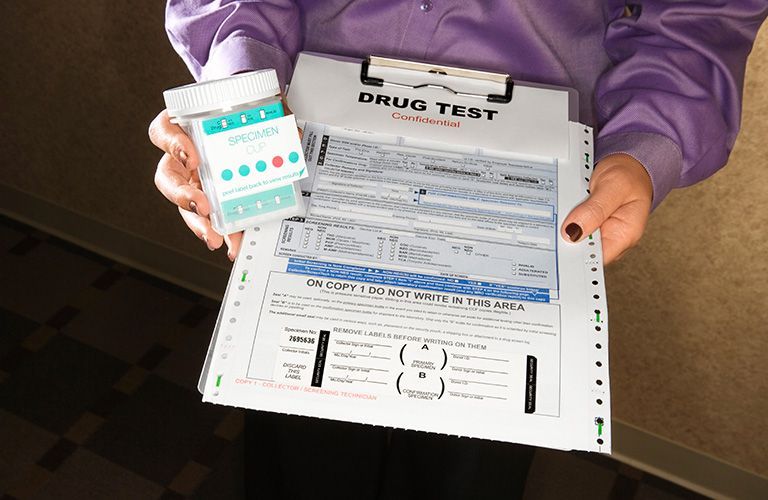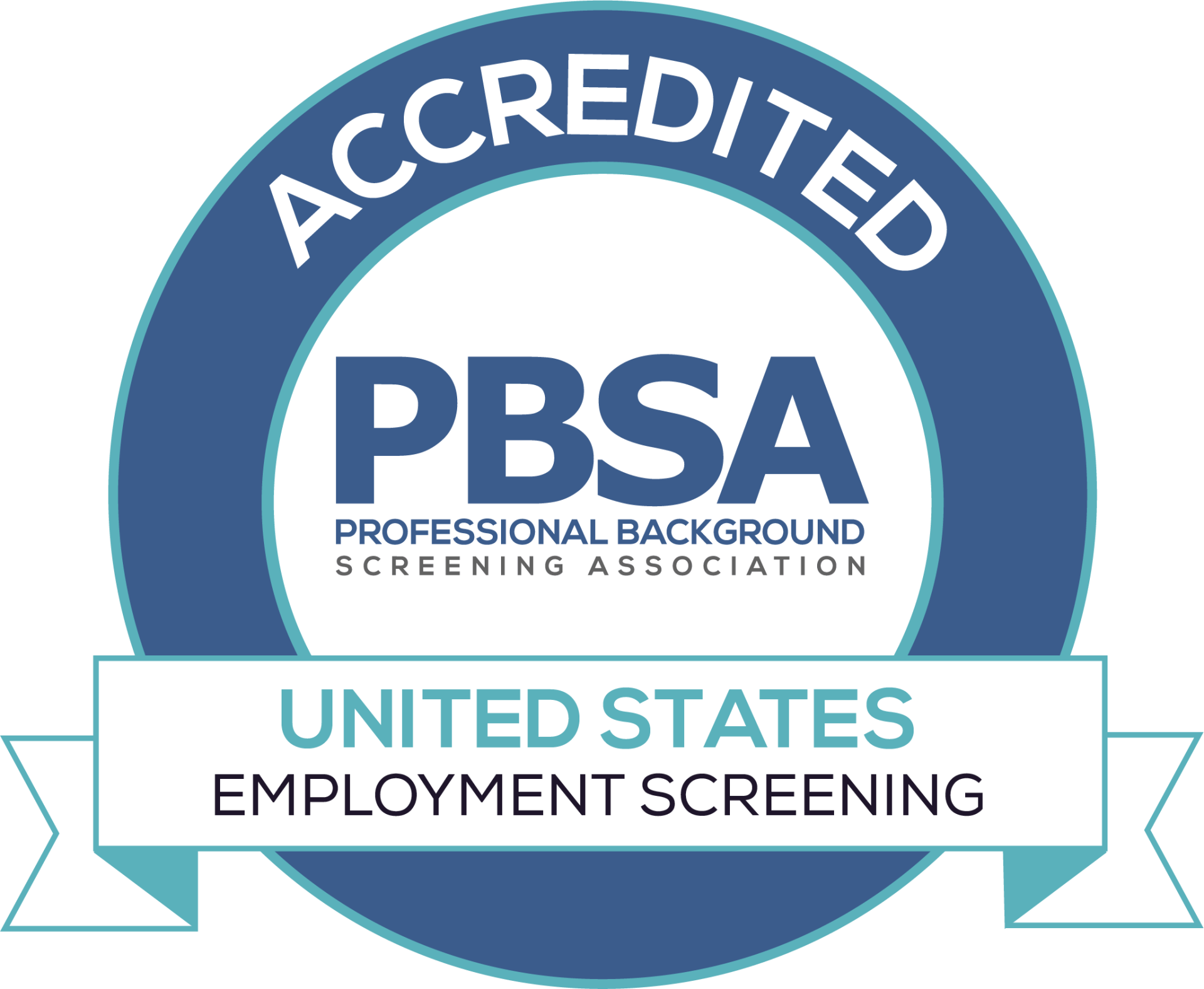NEED MORE WORKERS? LOOK HERE…
Mark Ridgeway • October 11, 2021

With “help wanted” signs that keep popping up in windows across the country, it would seem that the economy is making a strong recovery. But, millions of positions are going unfilled each month and business owners are struggling to find employees.
For decades, an entire population of our labor force has been overlooked and undermined: the 77 million Americans with a criminal record.
Because of stigma, job seekers with criminal records — no matter how old the offense — face numerous hurdles to being hired. Job applications often ask candidates to disclose convictions before an interview, effectively halving the likelihood of a callback from a hiring manager. States have imposed tens of thousands of restrictions on licenses for individuals with felonies and misdemeanors, barring those with convictions from profitable trades such as plumbing, real estate and cosmetology.
These restrictions contribute to a significant labor crisis. And, beyond hindering our recovery, these barriers also fly in the face of employer needs. Research from the Society for Human Resource Management shows that formerly incarcerated hires achieve the same or better scores on job performance, dependability, promotion potential and retention.
With pathways to living-wage work, people with criminal records can rebuild their lives, provide for their families and avoid the cycle of recidivism rooted in poverty.
We should start by normalizing the hiring of people with records. Businesses can adopt fair-chance hiring policies, which remove employment barriers for people with criminal backgrounds. Governments can help by responding to advocates seeking to expand eligibility for expungement of old convictions so that a criminal record does not become a life sentence. For example, Michigan and Connecticut recently cleared the records of 1.5 million people through “clean slate” legislation, opening career pathways for an untapped pool of talent.
Other reformers are using evidence to educate and support employers to adopt inclusive hiring policies, so that they assess applicants on skills, not stereotypes. As a result of these and other efforts, some of the country’s largest companies, including JPMorgan Chase, have hired thousands of employees with criminal backgrounds, opening essential opportunities for economic success. This is how, as CEO Jamie Dimon puts it, we can “expand the number of people we hire to ensure we get the best talent.”
Meanwhile, thanks to a “ban the box” movement powered by formerly incarcerated advocates, many states now prohibit employers from screening for criminal records on job applications.
Have questions? Let's talk!

Drug testing in the workplace is a practice that has gained significant attention in recent years. It involves screening employees for the use of illicit substances and, in some cases, the abuse of prescription medications. While there are arguments against workplace drug testing, it undeniably offers numerous benefits to both employers and employees. In this blog post, we will explore the advantages of employee drug testing programs and why you should implement one for your business. Safety and Productivity One of the most compelling reasons for drug testing in the workplace is the enhancement of safety and productivity. Employees under the influence of drugs or alcohol are more likely to cause accidents, make errors, and exhibit impaired judgment. Drug testing helps identify individuals with substance abuse issues, preventing them from putting themselves and their colleagues at risk. A safer workplace leads to increased productivity, as employees can focus on their tasks without worrying about the consequences of impaired coworkers. Legal Compliance Many industries and government contracts require drug testing as part of compliance with specific regulations. By implementing drug testing, employers can ensure they meet these legal requirements, avoiding potential fines or the loss of contracts. This legal compliance also extends to workers' compensation claims, where having a drug-free workplace can be essential in demonstrating that accidents were not caused by substance abuse. Reduction of Healthcare Costs Drug testing can contribute to reducing healthcare costs. Employees struggling with substance abuse issues often require more medical attention due to the health problems associated with drug and alcohol use. Identifying these individuals early on and offering support and treatment can lead to healthier employees, lower healthcare expenses, and a reduced burden on insurance premiums. Reduce Legal Liability The U.S. Department of Labor estimates that drug use by employees cost businesses billions of dollars annually as a result of workplace accidents. The implementation of a drug testing policy can assist your business in reducing these costs by lowering your risks and liability. Improved Employee Morale A workplace free from substance abuse concerns can boost employee morale. When employees know their colleagues are not abusing drugs or alcohol, they are more likely to feel safe, respected, and motivated. This can lead to increased job satisfaction and a more positive work environment, ultimately reducing turnover rates. Enhanced Company Reputation Employers that invest in drug testing programs demonstrate a commitment to a safe and responsible workplace. This commitment can enhance a company's reputation, making it more attractive to potential employees, customers, and partners. A strong reputation for maintaining a drug-free environment can differentiate a company in a competitive marketplace. Early Intervention Drug testing not only identifies employees with substance abuse issues but also offers an opportunity for early intervention. Employers can connect these individuals with resources, such as Employee Assistance Programs (EAPs), counseling, and treatment options. Early intervention can prevent the escalation of substance abuse problems and help employees overcome their issues, ultimately preserving their careers. Deterrence The knowledge that random drug testing is in place can act as a deterrent for employees who may consider using drugs or alcohol inappropriately. The fear of testing positive can discourage substance abuse and create a culture of accountability within the workplace. In conclusion, when administered fairly and with respect for employees' rights, drug testing can be a valuable tool in promoting a healthier and more prosperous workplace. Ultimately, the benefits of workplace drug testing outweigh the potential drawbacks, leading to safer, more productive, and more successful organizations. At CourtHouse Concepts, we can provide and manage pre-employment drug screening and set up random drug testing for your company. Call us today for a custom proposal!




